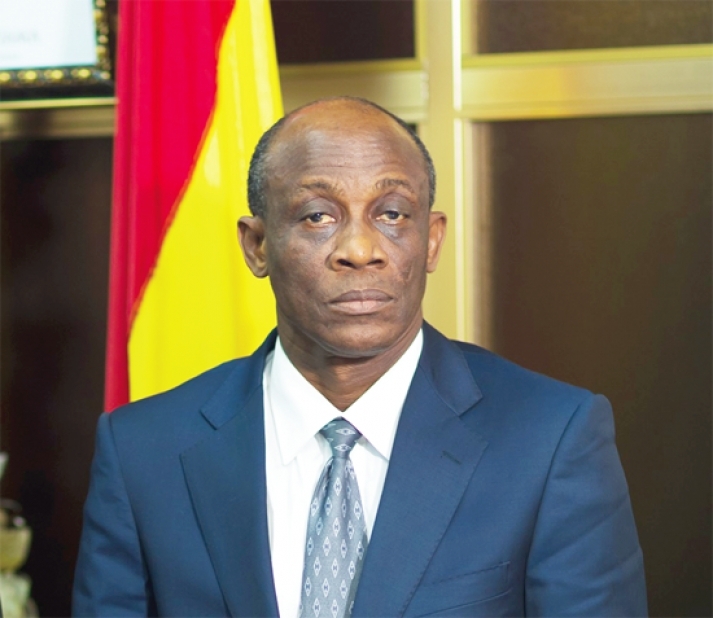
The Managing Director of Republic Bank of Trinidad & Tobago, David Dulal-Whiteway, has said that prospects for the Ghanaian economy are so enticing to the bank that it simply had to endure the boardroom wrangling and opposition to its takeover bid of HFC bank.
Mr. Dulal-Whiteway, who flew into the country last week to participate in the 24th AGM of HFC Bank, revealed that the hierarchy of Republic Bank weighed the option of exiting the Ghanaian market following the poisoned atmosphere due to its takeover bid — but the prospects of the economy, educational levels of Ghanaians, cultural heritage and political stability enhanced their resolve to retain and up their shareholding in HFC amidst the controversies that have surrounded Republic Bank’s grip on the Ghanaian bank.
He explained: “We could have taken a different position and probably sold our shares in HFC. That was an option, and of course it was discussed. But our view was that the value here (in Ghana) is so great and enticing that we wanted to stay.
“The positive thing about our involvement in HFC is that we have seen the economy is valuable, and there are so many things we can do together we are willing to fight all we can in order to stay this course. The easy thing to do is to sell our shares and get all our money back and go home.
“But we have seen a lot of growth in the economy. We are also very encouraged by the energy sector (oil find) because it is a business that we know, so we thought that we can add value there.
“We have also seen the vibrancy with respect to how more people are also entering the middle-class, which will create a greater demand for banking services.
“Banking is also about scale and Ghana is a big country. Someone might say Ghana is not that big in comparison to Nigeria, but if you look at the markets we operate in where the whole of the English-speaking countries in the Caribbean are just about 5 million people, this for us represents a big economy from a human resource point of view; and as the economy grows we think that will be a significant opportunity for the future.”
Currently, Republic Bank — the single largest shareholder in HFC Bank, controlling a 40 percent stake — has tabled an offer of GH¢1.95 a share to the other shareholders of HFC in line with its mandatory takeover bid in fulfillment of the country’s Code on Takeovers and Mergers, which requires a shareholder in a listed company whose shareholding reaches more than 30 percent to make an offer to the remaining shareholders.
However, the takeover process has for the past 18 months been engulfed in controversy with some shareholders turning to the commercial court to seek redress at the “surprise” takeover manoeuvres of Republic Bank.
Mr. Dulal-Whiteway the uncertainties and controversy about HFC is now over with after successfully litigating the legal battles and the exit of the ex managing director of HFC, Asare Akuffo and former board-chair, Muriel Susan Edusei.
SSNIT’s representative on the HFC board, Professor Joshua Alabi, has now been made the board chair, while Republic Bank’s representative, Robert Le Hunte, is now the substantive managing director of HFC.
Mr. Dulal-Whiteway added: “I think the uncertainties and conflicts in HFC are now over. SSNIT owns 26 percent of HFC, and Republic Bank owns 40 percent. Together we have more than 60 percent, so therefore there is a common view between the two largest shareholders as to how to move the bank forward — and that is stability, because it has to start from the board. So I think with that move and changing of the board, it signals a new beginning for HFC”.
Source: bft



